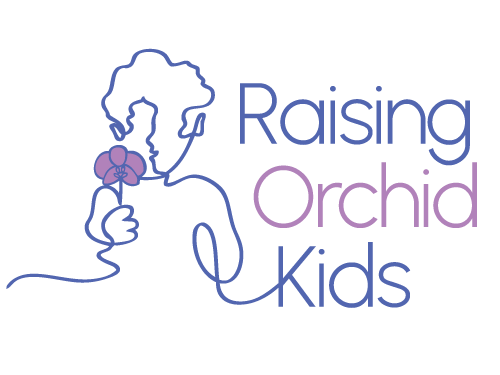“I’m having a relationship with his behaviors and I’m not having a relationship with his feelings and his essence”
This is the last part of something BRILLIANT that Amanda Doyle said recently on the We Can Do Hard Things Podcast (Episode 166). I love this podcast, partly because the host, Glennon Doyle, is a big beautiful Orchid, and partly because these are some Smart People talking about some Deep Stuff.
On this pod, the hosts were talking about things they were leaving behind for 2023, which for Amanda, was leaving behind managing her son’s behaviors and stepping into connection and relationship with him.
It is a powerful resolution, and one that I know many Orchid Raisers want to (and struggle to) make. It feels like there are so many things that prevent us from making such a decision.
If we don’t “manage behaviors”, how will our Orchids learn how to behave in the world?
If we don’t “help them” learn social cues, how will they make friends?
If we don’t “teach them right from wrong”, how will they function?
If we don’t scold them for forgetting their lunch/homework/jacket, how will they ever learn?
It’s all a version of, “if I don’t keep the guardrails on, my Orchid will veer drastically off course” (even more than they already are).
Here’s the problem with that approach, though.
It leads to us having a relationship that doesn’t include the actual person.
Ouch.
I think there are two major barriers (“thought errors” if you will) that really trip us up, and we’ll unpack them more in the coming weeks.
- If I control enough behaviors, my child might turn out ok.
- If my child doesn’t learn X skills RIGHT NOW, they are DOOMED.
In the meantime, what to do when you feel like you’re having a relationship with your child’s behaviors instead of with your Actual Child?
- Feel your feelings. Acknowledge the rage, disappointment, grief, embarrassment, guilt, shame that come with having a child who seems different from other people’s kids. Get help with this if you need to. Trying to avoid, suppress or restrain these feelings only magnifies them over time and leads to disconnection from ourselves and our Orchid.
- Remind yourself that you do not know the future. Neuroplasticity is real. Time is not. None of knows what’s going to happen tomorrow (or even this afternoon!).
- Love the person you see in front of you with all their quirks, patterns and faults. This is allowed! Even encouraged. You get to love and accept people just how they are!
- Trust that you ARE the best parent for your child.
And if you need help remembering those things, I hope you’ll join us in our free Raising Orchid Kids Facebook group. You’ll get a community of folks who get it and can support you on your journey and can lift you up when you get low.

